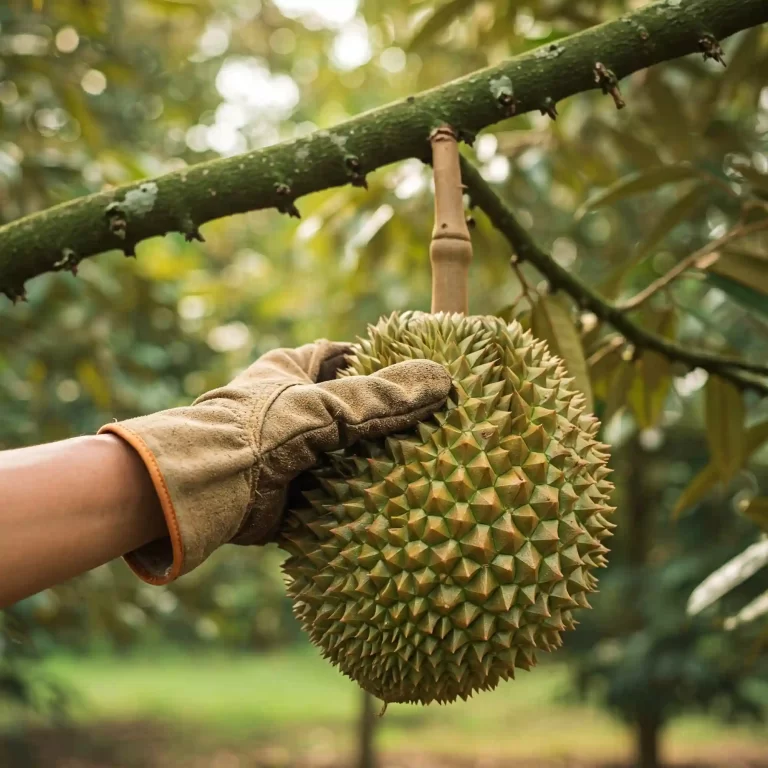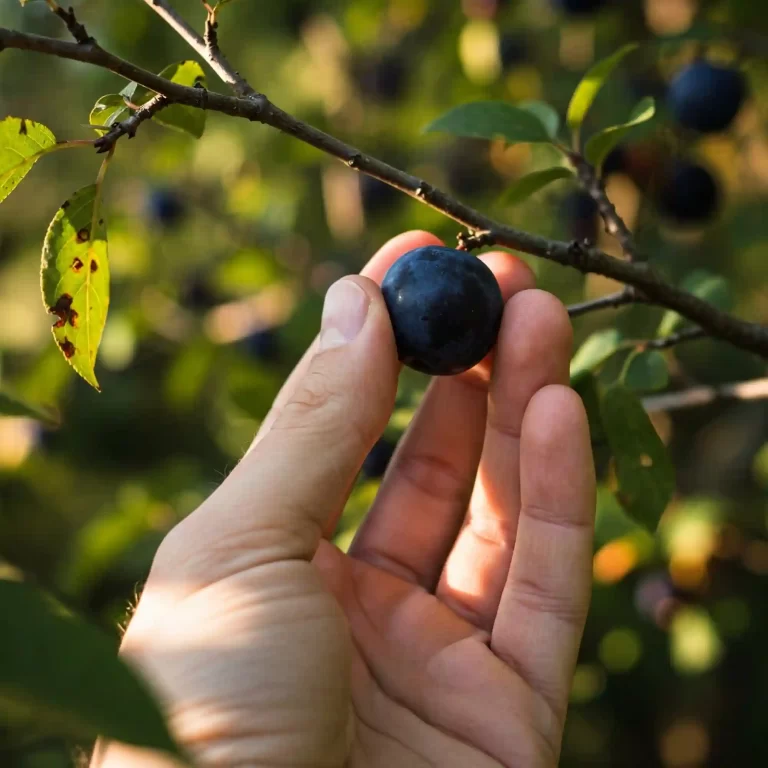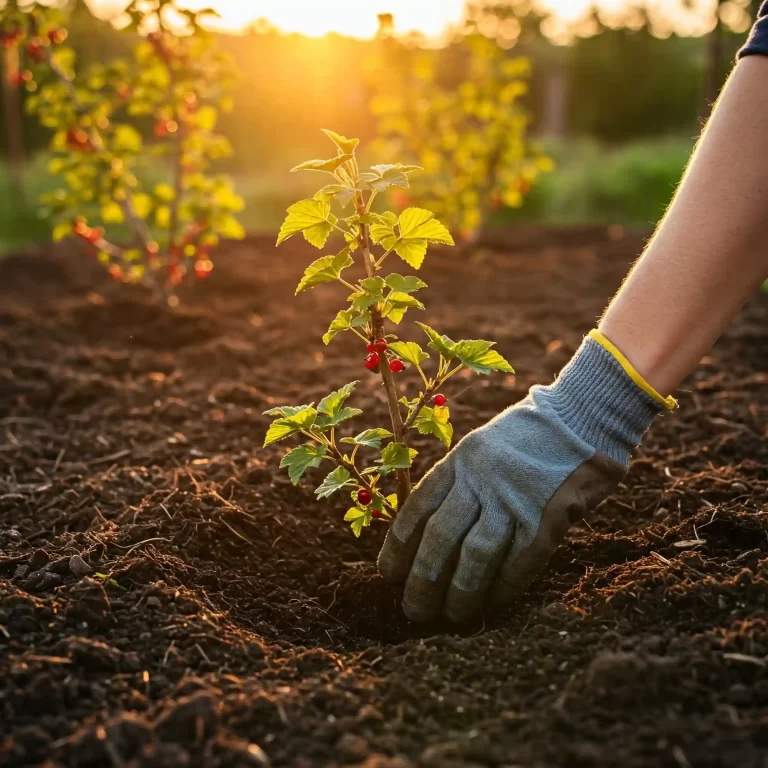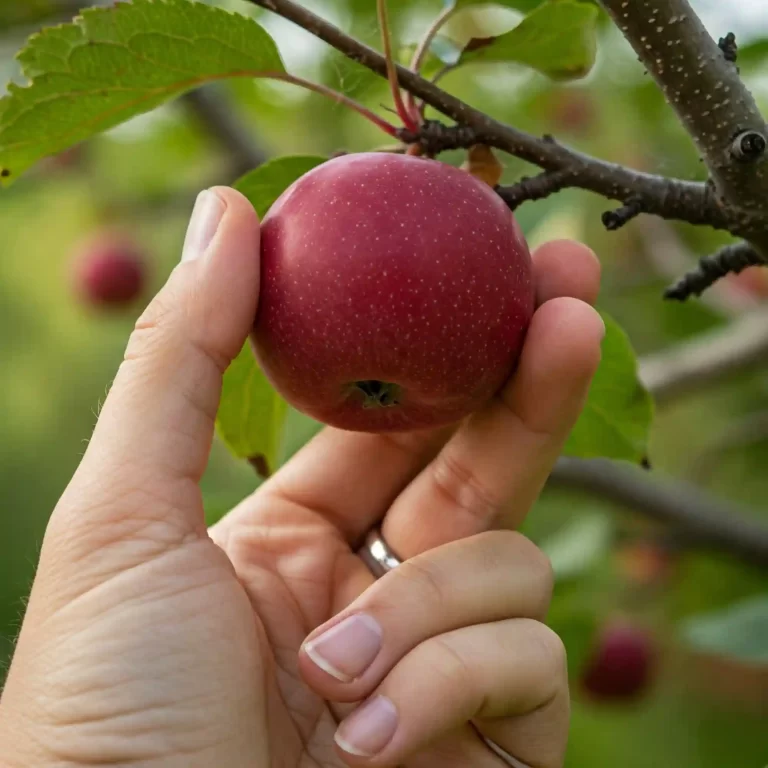Have you ever felt overwhelmed by the sheer amount of gardening information available online? You’re not alone. Many gardeners, especially those just starting out, find it challenging to sift through endless articles and videos to find practical, hands-on advice that works for their specific needs.
This can lead to frustration and even discouragement, making it hard to enjoy the process of gardening. You might feel like you’re missing out on the joy and satisfaction that comes from seeing your garden thrive. Plus, without proper guidance, you could be making mistakes that set you back, wasting time and resources.
That’s where local gardening workshops come in. These workshops offer a unique opportunity to learn directly from experts, get hands-on experience, and connect with other gardening enthusiasts in your community. In this comprehensive guide, I’ll walk you through everything you need to know about local gardening workshops, from the benefits of attending to how to find the best ones near you.
What Are Local Gardening Workshops?
Local gardening workshops are educational sessions designed to teach participants various aspects of gardening. These workshops are typically led by experienced gardeners, horticulturists, or agricultural experts who provide practical, hands-on training. They cover a wide range of topics, from basic gardening techniques to advanced horticultural practices.
Definition and Purpose
Local gardening workshops aim to equip participants with the knowledge and skills needed to create and maintain a thriving garden. Whether you’re a beginner looking to start your first garden or an experienced gardener seeking to expand your knowledge, these workshops offer valuable insights and practical tips.
Overview of Typical Activities and Topics Covered
At a local gardening workshop, you can expect a mix of theoretical instruction and practical activities. Here are some common topics and activities you might encounter:
- Soil Preparation: Understanding soil types, testing soil pH, and improving soil health.
- Plant Selection: Choosing the right plants for your climate and garden conditions.
- Planting Techniques: Proper planting methods for seeds, seedlings, and mature plants.
- Watering and Irrigation: Efficient watering practices and irrigation systems.
- Pest and Disease Management: Identifying and controlling common garden pests and diseases.
- Pruning and Maintenance: Techniques for pruning trees, shrubs, and plants to promote healthy growth.
- Composting: Creating and managing a compost system to enrich your soil.
- Sustainable Gardening: Practices that promote environmental sustainability, such as organic gardening and permaculture.
Benefits of Attending Local Gardening Workshops
Attending local gardening workshops offers numerous benefits that can significantly enhance your gardening experience and improve your garden’s health and productivity. Here’s a detailed look at the advantages:
Learning New Gardening Techniques
One of the primary benefits of attending local gardening workshops is the opportunity to learn new gardening techniques. These workshops provide hands-on training, allowing you to practice and perfect various gardening methods under the guidance of experienced instructors. Whether you’re learning how to properly prune a tree, set up a compost system, or plant a vegetable garden, the practical skills you gain can be immediately applied to your own garden.
Example: At a recent organic gardening workshop I attended, I learned about the benefits of crop rotation and how to implement it in my garden. This technique not only improved the health of my soil but also increased my vegetable yield.
Networking with Other Gardening Enthusiasts
Gardening workshops are also a fantastic way to meet and connect with other gardening enthusiasts in your community. Sharing experiences, exchanging tips, and building a support network can be incredibly valuable. You’ll find that many gardeners are eager to share their knowledge and learn from others, creating a collaborative and supportive environment.
Case Study: During a composting workshop, I met several local gardeners who shared their experiences with different composting methods. We formed a small group that meets monthly to discuss our progress and troubleshoot any issues we encounter.
Access to Expert Advice and Hands-On Experience
Local gardening workshops often feature expert instructors who provide personalized advice and hands-on experience. This direct access to knowledgeable professionals can help you address specific gardening challenges and improve your overall gardening skills. The hands-on activities allow you to practice new techniques in a controlled environment, ensuring you understand the process before applying it at home.
Quote: “The best way to learn is by doing. Hands-on workshops provide the perfect opportunity to get your hands dirty and learn from the experts.” – Jane Doe, Master Gardener
Improving Your Garden’s Health and Productivity
By applying the techniques and knowledge gained from gardening workshops, you can create a healthier, more productive garden. Workshops often cover topics such as soil health, pest management, and sustainable gardening practices, all of which contribute to a thriving garden. Implementing these practices can lead to better plant growth, higher yields, and a more enjoyable gardening experience.
Common Gardening Techniques and Their Benefits
| Technique | Benefit |
| Crop Rotation | Improves soil health and reduces pests |
| Companion Planting | Enhances plant growth and deters pests |
| Mulching | Conserves moisture and suppresses weeds |
| Organic Fertilizers | Provides nutrients without harmful chemicals |
| Drip Irrigation | Efficient water use and reduces runoff |
Types of Local Gardening Workshops
There are various types of local gardening workshops, each focusing on different aspects of gardening. Here’s an overview of some popular types:
Organic Gardening Workshops
Organic gardening workshops focus on sustainable and eco-friendly gardening practices. These workshops teach you how to grow plants without synthetic fertilizers or pesticides, promoting a healthier environment and safer food production. Topics often include soil health, composting, natural pest control, and organic fertilizers.
Example: An organic gardening workshop I attended covered the benefits of using compost tea as a natural fertilizer. The instructor demonstrated how to brew compost tea and apply it to plants, resulting in healthier, more resilient crops.
Vegetable Gardening Workshops
Vegetable gardening workshops provide tips and techniques for growing your own vegetables. These workshops cover everything from soil preparation and planting to harvesting and preserving your produce. You’ll learn how to select the best vegetable varieties for your climate, manage pests and diseases, and maximize your garden’s productivity.
Key Topics in Vegetable Gardening Workshops
- Soil preparation and testing
- Seed starting and transplanting
- Companion planting
- Pest and disease management
- Harvesting and storage techniques
Flower Arranging Workshops
Flower arranging workshops teach the art of creating beautiful floral arrangements. These workshops are perfect for those who love flowers and want to learn how to arrange them in aesthetically pleasing ways. You’ll learn techniques for selecting, cutting, and arranging flowers, as well as tips for prolonging the life of your arrangements.
Chart: Basic Flower Arranging Techniques
| Technique | Description |
| Line Arrangement | Focuses on the lines created by stems and leaves |
| Mass Arrangement | Uses a large number of flowers for a full look |
| Ikebana | Japanese art of minimalist flower arranging |
| Cascade Arrangement | Flowers arranged to flow downward |
| Contemporary Arrangement | Modern styles using unique containers and shapes |
Composting Workshops
Composting workshops teach you how to turn kitchen waste into valuable compost. These workshops cover different composting methods, materials, and maintenance tips. You’ll learn how to create and manage a compost system that enriches your soil and reduces waste.
Example: At a composting workshop, I learned about vermicomposting, which uses worms to break down organic matter. This method is particularly effective for small spaces and produces nutrient-rich compost for my garden.
Urban Gardening Workshops
Urban gardening workshops focus on techniques for gardening in small spaces, such as balconies, rooftops, and urban backyards. These workshops cover container gardening, vertical gardening, and hydroponics, providing solutions for city dwellers who want to grow their own plants.
Urban Gardening Techniques
- Container gardening
- Vertical gardening
- Hydroponics
- Raised bed gardening
- Window box gardening
Herb Gardening Workshops
Herb gardening workshops teach you how to grow and use herbs in your garden. These workshops cover planting, harvesting, and using herbs in cooking and medicine. You’ll learn about different herb varieties, their growing requirements, and how to incorporate them into your garden.
Common Herbs and Their Uses
| Herb | Culinary Use | Medicinal Use |
| Basil | Pesto, salads, sauces | Anti-inflammatory, digestive aid |
| Rosemary | Roasts, soups, breads | Memory booster, pain relief |
| Thyme | Stews, marinades, dressings | Antiseptic, cough relief |
| Mint | Teas, desserts, salads | Digestive aid, headache relief |
| Lavender | Baked goods, teas, syrups | Relaxation, sleep aid |
How to Find Local Gardening Workshops Near You
Finding local gardening workshops is easier than you might think. Here are some tips to help you locate workshops in your area:
Community Centers
Local community centers often offer a variety of classes and workshops, including gardening. Check their schedules for upcoming gardening workshops. These workshops are usually affordable and provide a great opportunity to learn and connect with other local gardeners.
Example: I found a fantastic vegetable gardening workshop at my local community center. The instructor was knowledgeable, and I met several other gardeners who shared valuable tips and experiences.
Botanical Gardens
Many botanical gardens offer regular workshops and classes on various gardening topics. These workshops are often led by experienced horticulturists and provide a beautiful setting for learning. Check the websites of nearby botanical gardens for their event schedules.
Quote: “Botanical gardens are a treasure trove of gardening knowledge. Their workshops are a great way to learn in a stunning environment.” – John Smith, Horticulturist
Nurseries and Garden Centers
Nurseries and garden centers frequently host workshops and classes. These workshops are often free or low-cost and cover a wide range of topics, from plant care to garden design. Visit your local nursery or garden center and ask about their upcoming events.
Benefits of Attending Workshops at Nurseries and Garden Centers
- Access to a wide variety of plants and gardening supplies
- Expert advice from nursery staff
- Opportunities to purchase plants and tools at a discount
- Hands-on demonstrations and practical tips
Online Resources
The internet is a valuable resource for finding local gardening workshops. Websites and social media groups dedicated to gardening can help you stay informed about upcoming events. Join local gardening groups on Facebook or other social media platforms to connect with other gardeners and learn about workshops in your area.
Example: I joined a local gardening group on Facebook and discovered several workshops I wouldn’t have known about otherwise. The group members are very supportive and always share useful information.
What to Expect at a Local Gardening Workshop
Attending a local gardening workshop can be an enriching experience. Here’s what you can typically expect:
Overview of a Typical Workshop Schedule
Most gardening workshops start with a brief introduction and overview of the day’s activities. The schedule may include a mix of lectures, demonstrations, and hands-on activities. Workshops usually last a few hours, but some may span an entire day or weekend.
Example Schedule:
- 9:00 AM: Welcome and Introduction
- 9:30 AM: Lecture on Soil Health
- 10:30 AM: Hands-On Activity: Soil Testing
- 11:30 AM: Break
- 12:00 PM: Lecture on Plant Selection
- 1:00 PM: Hands-On Activity: Planting Techniques
- 2:00 PM: Q&A Session
- 3:00 PM: Conclusion and Wrap-Up
Hands-On Activities and Demonstrations
Practical activities are a key component of gardening workshops. You’ll have the opportunity to practice new skills and techniques under the guidance of experts. These hands-on activities help reinforce the concepts taught during lectures and provide a deeper understanding of the material.
Example: During a pruning workshop, I learned how to properly prune fruit trees. The instructor demonstrated the techniques, and then we practiced on trees in the garden. This hands-on experience was invaluable and gave me the confidence to prune my own trees at home.
Q&A Sessions with Gardening Experts
Most workshops include a Q&A session where you can ask questions and get personalized advice from the instructors. This is a great opportunity to address specific gardening challenges you may be facing and to gain insights from experienced gardeners.
Example: During a Q&A session at a vegetable gardening workshop, I asked about dealing with aphids on my tomato plants. The instructor provided several organic solutions and shared tips on preventing future infestations.
Materials and Tools Provided
Workshops often provide all the necessary materials and tools, so you don’t need to bring anything with you. This can include seeds, soil, pots, and gardening tools. Some workshops also provide handouts or guides that you can take home for future reference.
Common Materials Provided at Gardening Workshops
- Seeds and seedlings
- Soil and compost
- Gardening tools (e.g., trowels, pruners)
- Handouts and guides
- Protective gear (e.g., gloves, aprons)
Tips for Choosing the Right Gardening Workshop
Choosing the right gardening workshop can make a big difference in your learning experience. Here are some tips to help you select the best workshop for your needs:
Identify Your Interests
The first step in choosing the right workshop is to identify your gardening interests and goals. Are you interested in organic gardening, vegetable gardening, or perhaps flower arranging? Knowing what you want to learn will help you find a workshop that aligns with your interests.
Example: If you’re passionate about growing your own food, look for workshops that focus on vegetable gardening. These workshops will provide you with the specific knowledge and skills you need to succeed.
Check Reviews and Testimonials
Before signing up for a workshop, check reviews and testimonials from past participants. This can give you an idea of the workshop’s quality and the instructor’s expertise. Look for feedback on the workshop’s content, organization, and overall experience.
Quote: “Reading reviews from other gardeners helped me choose a workshop that was well-organized and informative. The positive feedback gave me confidence in my decision.” – Sarah Johnson, Workshop Participant
Consider the Instructor’s Expertise
The expertise of the instructor is crucial to the quality of the workshop. Look for workshops led by knowledgeable professionals with experience in the topic. Experienced instructors can provide valuable insights, answer your questions, and offer personalized advice.
Example: I attended a composting workshop led by a master gardener with over 20 years of experience. Her expertise and practical tips made the workshop incredibly valuable.
Location and Convenience
Choose workshops that are easily accessible and fit your schedule. Consider the location, date, and time of the workshop to ensure it’s convenient for you. This will make it easier to attend and get the most out of the experience.
Factors to Consider When Choosing a Workshop Location
- Proximity to your home or workplace
- Availability of parking or public transportation
- Workshop duration and timing
- Accessibility for individuals with mobility issues
Frequently Asked Questions (FAQs)
What are the best local gardening workshops near me?
The best workshops depend on your location and interests. Check community centers, botanical gardens, and nurseries for options. You can also join local gardening groups on social media to stay informed about upcoming workshops.
How much do local gardening workshops cost?
Costs vary depending on the workshop and provider. Some workshops are free, while others may charge a fee. Fees can range from a few dollars to several hundred dollars, depending on the length and content of the workshop.
Typical Costs of Local Gardening Workshops
| Workshop Type | Cost Range |
| Community Center Workshops | Free – $20 |
| Botanical Garden Workshops | $20 – $100 |
| Nursery/Garden Center Workshops | Free – $50 |
| Specialized Workshops | $50 – $200 |
Do I need to bring my own tools to a gardening workshop?
Most workshops provide all necessary materials and tools. However, it’s always a good idea to check with the organizer beforehand. If you have favorite tools, you might want to bring them along, but it’s usually not required.
Can beginners attend local gardening workshops?
Yes, many workshops are designed for beginners and provide basic gardening instruction. Look for workshops that specify they are beginner-friendly or introductory. These workshops will cover fundamental topics and provide a solid foundation for new gardeners.
How do I register for a local gardening workshop?
Registration details vary by workshop. Check the organizer’s website or contact them directly for information. Some workshops may require online registration, while others may allow you to sign up in person or over the phone.
What should I wear to a gardening workshop?
Wear comfortable clothing and shoes suitable for outdoor activities. Gardening can be messy, so it’s best to wear clothes you don’t mind getting dirty. Bring gloves and a hat if needed, and consider dressing in layers if the weather is unpredictable.
Are there any free local gardening workshops available?
Yes, many community centers and botanical gardens offer free workshops. Check local listings for options. Free workshops are a great way to learn new skills without spending money, and they often provide valuable information and hands-on experience.
Conclusion
Attending local gardening workshops can be a rewarding experience that enhances your gardening skills and knowledge. By participating in these workshops, you’ll gain practical insights, connect with other gardening enthusiasts, and improve your garden’s health and productivity. I encourage you to explore and participate in local workshops to take your gardening to the next level. Happy gardening!



